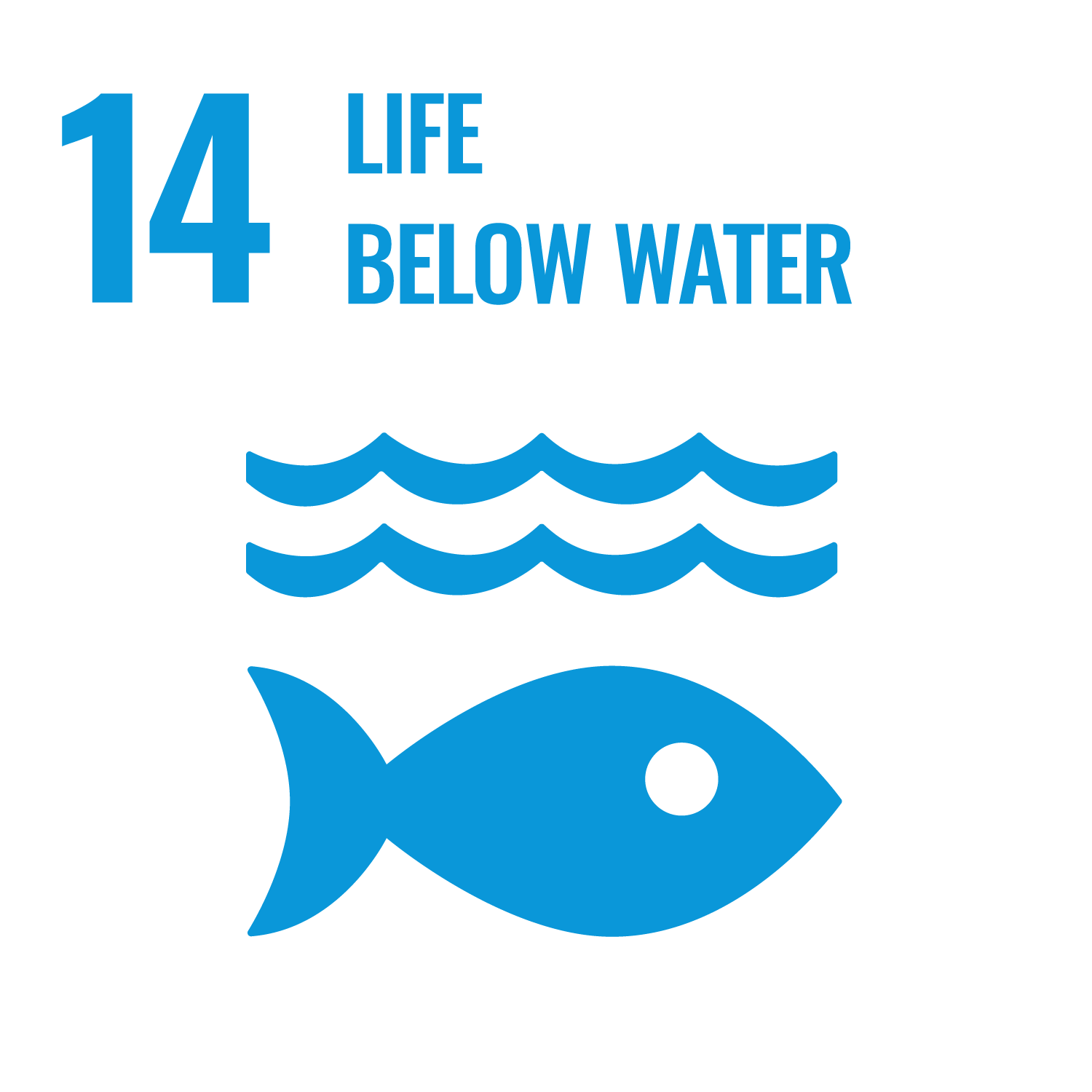LPU-Batangas and partners lead artificial coral reef deployment in Lobo, Batangas
Views: 538



Protecting aquatic ecosystems is essential for preserving biodiversity and ensuring the health of our oceans and marine life. At LPU Batangas, we support aquatic ecosystems through education and conservation efforts. Through our environmental education programs, we raise awareness about the importance of protecting marine life and reducing marine pollution.
To protect life below water, we implement water-sensitive waste disposal practices and support coastal cleanup initiatives. Our mangrove planting projects and conservation efforts aim to restore and preserve coastal habitats for marine species. Additionally, we collaborate with local communities and government agencies to promote sustainable fishing practices and protect marine biodiversity. Through these efforts, we contribute to the conservation of life below water and work towards a healthier and more sustainable marine environment.


Educational programs focused on aquatic ecosystems raise awareness about the importance of preserving marine and freshwater habitats. These initiatives include workshops, school curricula, and community outreach activities that educate individuals about the ecological significance of aquatic environments, threats they face from climate change, and sustainable practices to protect them.
Water sensitive waste disposal practices aim to minimize pollution and preserve water quality. This initiative involves implementing proper waste management systems that prevent contaminants from entering water bodies, such as rivers, lakes, and oceans. By promoting recycling, reducing single-use plastics, and encouraging responsible disposal methods, communities can mitigate environmental impact and support clean water ecosystems.
Coastal clean-up activities help maintain the health of marine ecosystems by removing debris and plastics from shorelines and coastal areas. This initiative mobilizes volunteers, schools, businesses, and community groups to participate in regular clean-up events. By reducing marine litter, these efforts protect marine life, preserve biodiversity, and promote sustainable tourism.
Mangrove planting initiatives restore coastal ecosystems and mitigate climate change impacts. Mangroves act as natural buffers against storms, protect shorelines from erosion, and sequester carbon dioxide from the atmosphere. By planting mangroves and restoring degraded coastal areas, communities enhance resilience to climate change, support biodiversity, and sustain livelihoods dependent on coastal resources.
Send us your inquiries and we would be glad to answer them.
| Cookie | Duration | Description |
|---|---|---|
| cookielawinfo-checkbox-analytics | 11 months | This cookie is set by GDPR Cookie Consent plugin. The cookie is used to store the user consent for the cookies in the category "Analytics". |
| cookielawinfo-checkbox-functional | 11 months | The cookie is set by GDPR cookie consent to record the user consent for the cookies in the category "Functional". |
| cookielawinfo-checkbox-necessary | 11 months | This cookie is set by GDPR Cookie Consent plugin. The cookies is used to store the user consent for the cookies in the category "Necessary". |
| cookielawinfo-checkbox-others | 11 months | This cookie is set by GDPR Cookie Consent plugin. The cookie is used to store the user consent for the cookies in the category "Other. |
| cookielawinfo-checkbox-performance | 11 months | This cookie is set by GDPR Cookie Consent plugin. The cookie is used to store the user consent for the cookies in the category "Performance". |
| viewed_cookie_policy | 11 months | The cookie is set by the GDPR Cookie Consent plugin and is used to store whether or not user has consented to the use of cookies. It does not store any personal data. |